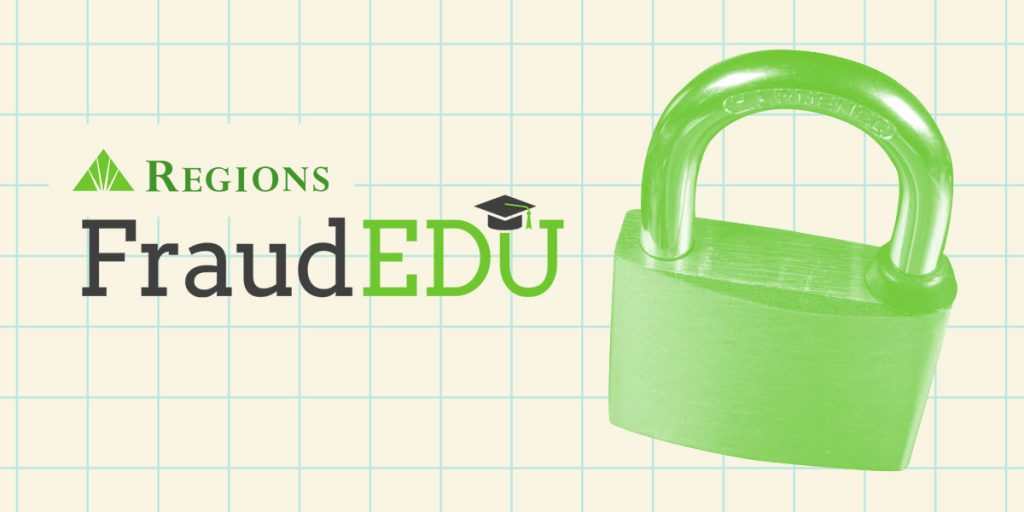Falling in love shouldn’t break the bank.
More than 64,000 Americans were taken for over $1 billion in romance scams in 2023 — double the $500 million just four years earlier, according to the Federal Trade Commission. With median losses per person of $2,000, romance scams are the highest reported losses for any form of imposter scam.
What is a Romance Scam?
Romance scammers often create fake profiles on dating websites and social media app. After you accept their friend request or match with them, they will strike up a conversation and quickly build your trust – or your sympathy.
These scammers often appear genuine, caring, attractive and believable.
Lies, Lies, Lies
Now that the criminal has your sympathy, trust and attention, how do you identify you’re being scammed and not in love?
- They can’t meet you in person. They might say they work overseas and can’t afford to travel. There will always be an excuse to not meet you.
- They ask you for money. They might guilt you into providing money for medical or travel expenses, or to help them get out of trouble. They may even encourage you to invest in something sketchy.
- They will pressure you to act immediately. They might ask you to wire money, provide gift cards or transfer money through apps quickly – all of which are difficult for you to get back. If you don’t comply, they might threaten to cut off communication with you.
“Many of these cases involve human trafficking,” said Jeff Taylor, head of Commercial Fraud forensics for Regions Bank. “Crime rings coerce individuals they have kidnapped into participating, along with criminals impersonating a potential romantic partner, to lure a victim into their scam. These cases may result in more than just a financial loss, so pay close attention to the red flags and make sure to inform your family members.”
5 Tips to protect yourself from a romance scam
- Keep your social media profiles private and be mindful of what information you post.
- Only accept friend requests from people you know – or have friends in common.
- If you think a profile might not be legitimate, research the person’s photo and profile using online searches to see if the image, name or details have been used elsewhere.
- If you are beginning to communicate with someone online, beware if the individual seems “too perfect” or quickly asks you to leave a dating service or social media site to communicate directly.
- Never send money or bank account information to anyone you have only communicated with online or by phone.
“Romance scams prey on trust, emotions and vulnerability, turning affection into a weapon for financial fraud,” said Clayton Slay, Regions Corporate Security. “To avoid a romance scam, trust actions over words, never send money to someone you haven’t met in person and verify identities through independent sources. Skepticism and vigilance are your strongest safeguards.”
If you or someone you know has fallen victim to a romance scam, there are several steps you should take:
- Call your bank and let them know if you have given out your account number or other information.
- File a complaint with the FBI’s Internet Crime Complaint Center at IC3.gov.
- Report it to the FTC at ReportFraud.ftc.gov.
- Report it to the dating website you may have used.
To learn more about romance scams and what to do if you think you or a loved one may be entangled in one, listen to the Regions Wealth Podcast on romance scams.







